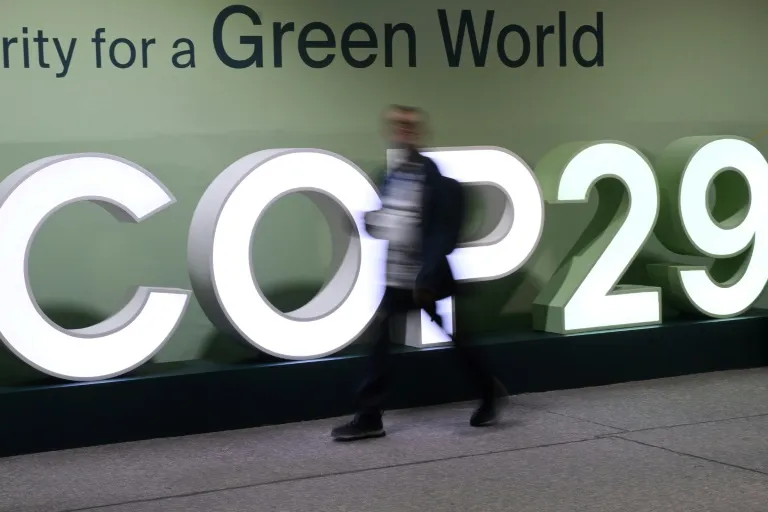Climate COP29: UN Agreements for Carbon Trading and Its Impact on Azerbaijan

Climate COP29: Unveiling New Carbon Trading Rules
At Climate COP29, pivotal changes are underway as the UN has approved guidelines allowing affluent, polluting nations to purchase carbon-cutting offsets from developing nations. This agreement primarily targets countries like Azerbaijan, which stand to benefit economically while fostering sustainable practices.
The Mechanism of Carbon Trading
- Wealthy nations seek to reduce their carbon footprints.
- Developing countries can monetize their conservation efforts.
- Potential ethical concerns around genuine environmental improvements.
Implications for Azerbaijan
- Economic Boost: Increased investment opportunities.
- Environmental Awareness: Promoting greener practices.
- Global Scrutiny: Ensuring adherence to benchmarks.
These developments mark a significant milestone in international climate policy, emphasizing the delicate balance between economic gain and environmental responsibility.
Disclaimer: The information provided on this site is for informational purposes only and is not intended as medical advice. We are not responsible for any actions taken based on the content of this site. Always consult a qualified healthcare provider for medical advice, diagnosis, and treatment. We source our news from reputable sources and provide links to the original articles. We do not endorse or assume responsibility for the accuracy of the information contained in external sources.
This article was prepared using information from open sources in accordance with the principles of Ethical Policy. The editorial team is not responsible for absolute accuracy, as it relies on data from the sources referenced.